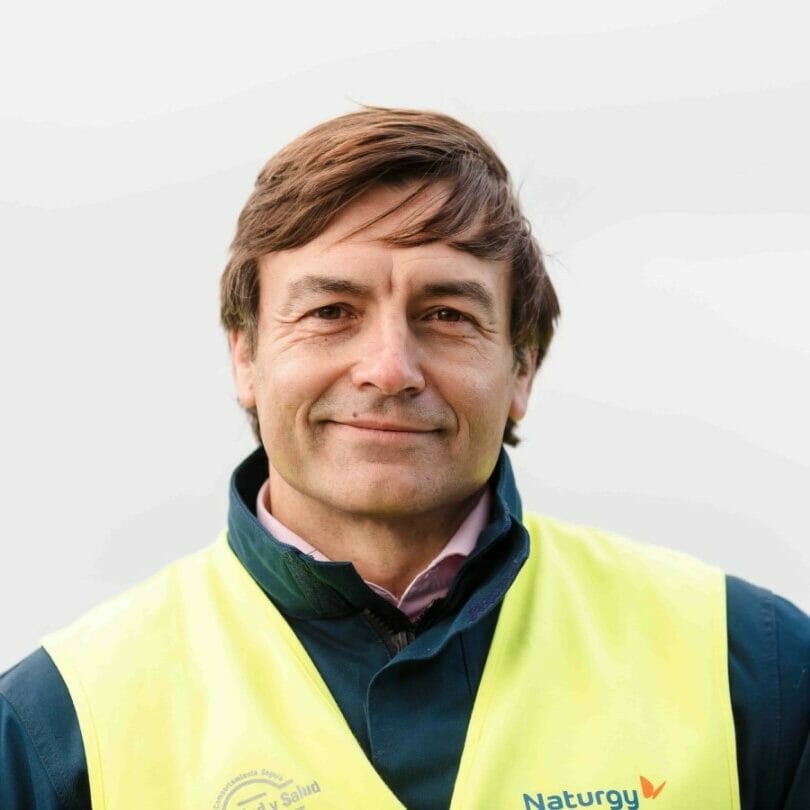
Aplicación de Los Nuevos Combustibles en la Descarbonización del Sector Marítimo: gas natural, hidrógeno y amoniaco
The majority of freight transport, around 90%, is carried out by sea. The fuels commonly used by ships engaged in the trade of goods by sea are usually products obtained from low-quality residues derived from oil refining after the extraction of light and highly polluting products such as heavy fuel oil (HFO) or marine diesel (MDO), among others.
Currently the most widespread alternative to these highly polluting fuels is LNG, which as a marine fuel provides significant environmental benefits compared to the use of these conventional fuels, significantly reduces emissions of pollutants that affect air quality, completely eliminates the emission of sulfur oxides and represents a breakthrough on the road to decarbonization. However, LNG has burst into the maritime sector with the stigma of being a one-day flower.
However, the use of LNG, known as a bridge fuel, will not be sterile; on the contrary, it will lay the groundwork for the arrival of other alternative fuels that will continue the path towards decarbonization, such as ammonia, hydrogen, methanol, biomethane and synthetic LNG.
Proof of this is the NEWBunker project, which was born as a natural successor to the first SIBUNKER project, which analyzed the reliability of the use of LNG as a maritime fuel, i.e., taking into account technical, human and environmental conditions, it provided an answer to the question: how likely is it that my LNG bunkering operation will be successful? As a result of the good acceptance of the results obtained in this first project, we decided to create a consortium of companies to analyze again in detail the bunkering operations with other alternative fuels.
This is the context of the NEWBunker project, which analyzes the use of hydrogen and ammonia as marine fuels. Each of these alternative fuels has its own particularities that must be studied from the point of view of safety, the equipment used for transport and supply to ships, the phases of operations for the different modes of supply and the development of procedures applicable to bunkering operations. In order to establish the procedures, qualitative (HAZID/HAZOP) and quantitative risk analyses are required to define the safety and preventive measures to be applied in the operations and the safety distances. As these are new fuels in the marine field, it is necessary to carry out this detailed study to be ready to provide bunkering services to ships using these alternative fuels.
Speaker Bio
Antonio Miranda has been working for 23 years in the energy industry, at the utility company Gas Natural Fenosa, which became Naturgy in June 2018.
During all this time, he has developed his career in different areas of the company, from international operations, going through the electricity and gas market in the retail market first and in large accounts later, to his current position as Head of Bunkering.
He is President of Bunkering WG at SEDIGAS, President of Rugby Club Valencia and Past President of the Association of Energy Engineers Spain Chapter. CMVP board member.
